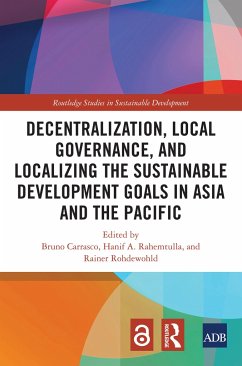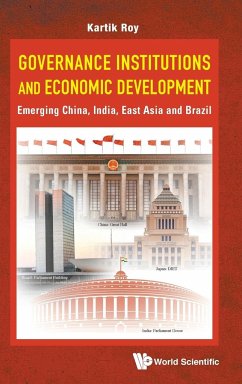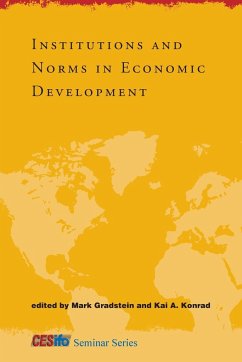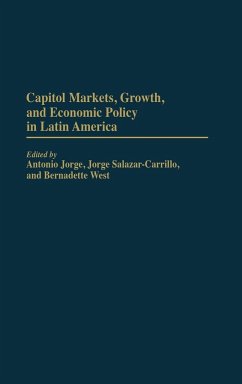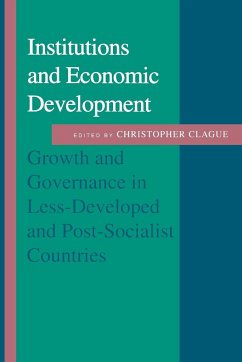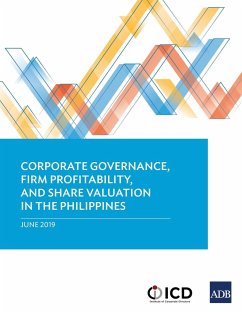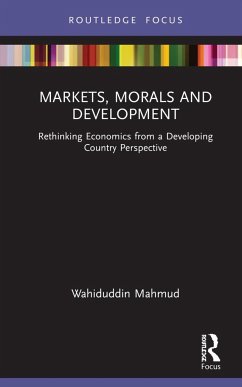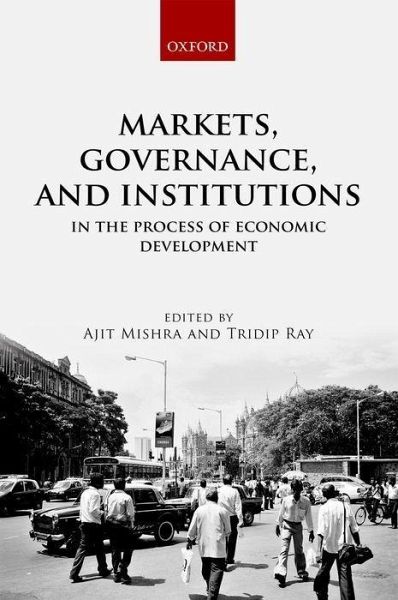
Markets, Governance, and Institutions in the Process of Economic Development
Versandkostenfrei!
Versandfertig in 1-2 Wochen
133,99 €
inkl. MwSt.

PAYBACK Punkte
67 °P sammeln!
Written in honour of Kaushik Basu, Markets, Governance, and Institutions in the Process of Economic Development is a celebration of over forty years of contributions to development economics. Written by Professor Basu's past and present collaborators and research students it offers original insights and perspectives on issues relating to well-being, freedom, and institutions in the developmental context. Throughout his career, Kaushik Basu has addressed policy issues such as as rent control, child labour, labour laws, harassment, shared prosperity, and gender empowerment. The contributions in ...
Written in honour of Kaushik Basu, Markets, Governance, and Institutions in the Process of Economic Development is a celebration of over forty years of contributions to development economics. Written by Professor Basu's past and present collaborators and research students it offers original insights and perspectives on issues relating to well-being, freedom, and institutions in the developmental context. Throughout his career, Kaushik Basu has addressed policy issues such as as rent control, child labour, labour laws, harassment, shared prosperity, and gender empowerment. The contributions in this volume, theoretical as well as empirical, reflect this range of issues in the broader context of interactions between markets, governance, and institutions in the process of economic development. The broader roles of markets as key resource allocation mechanisms cannot be disputed. But they need suitable governance structures and institutions, working both as facilitators and as regulators. Markets, Governance and Institutions in the Process of Economic Development looks at the complex interactions between these three forces of development. Divided into three distinct sections covering foundational and measurement issues associated with economic development and well-being; functioning (and non-functioning) of the market in the context of development; and structure and design issues relating to governance and institutions, this book provides a clear focus for academics and economists considering development policy questions.




